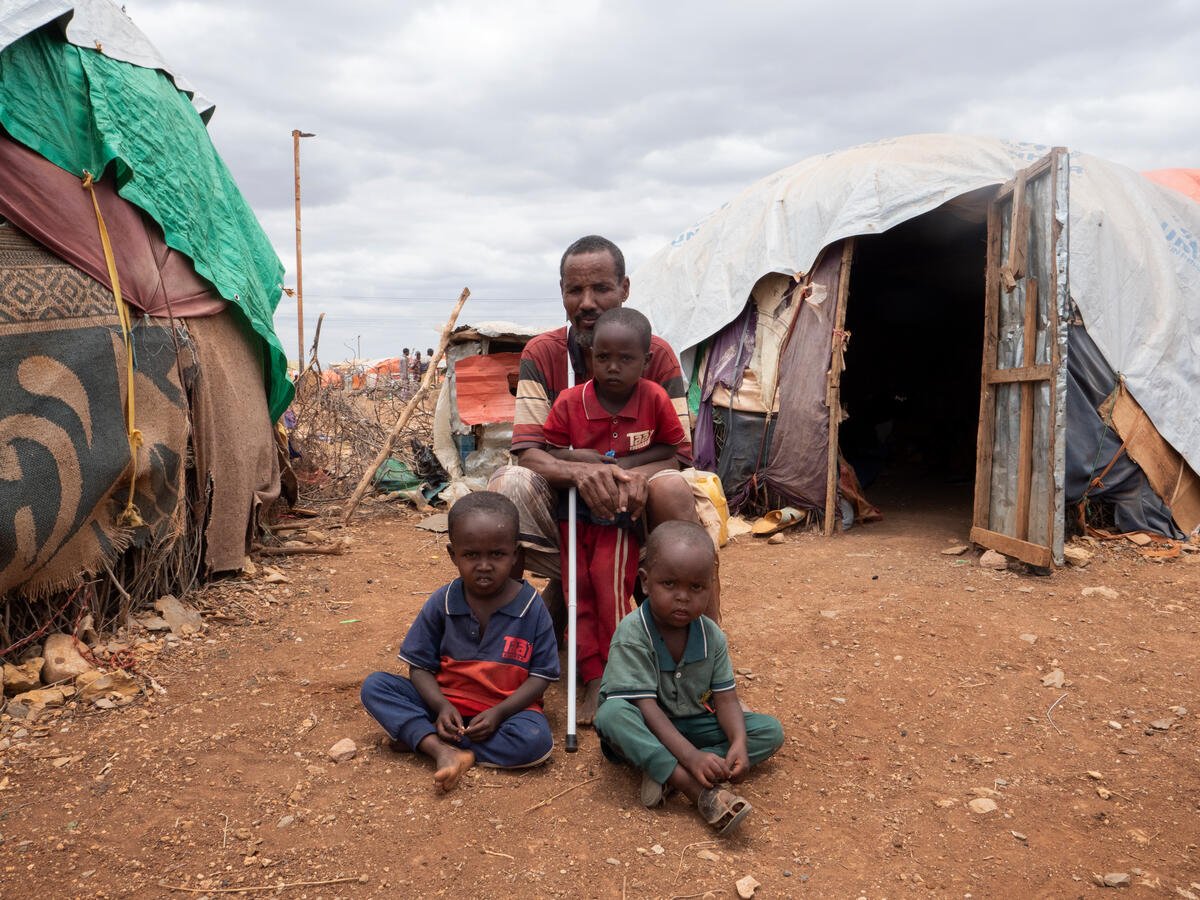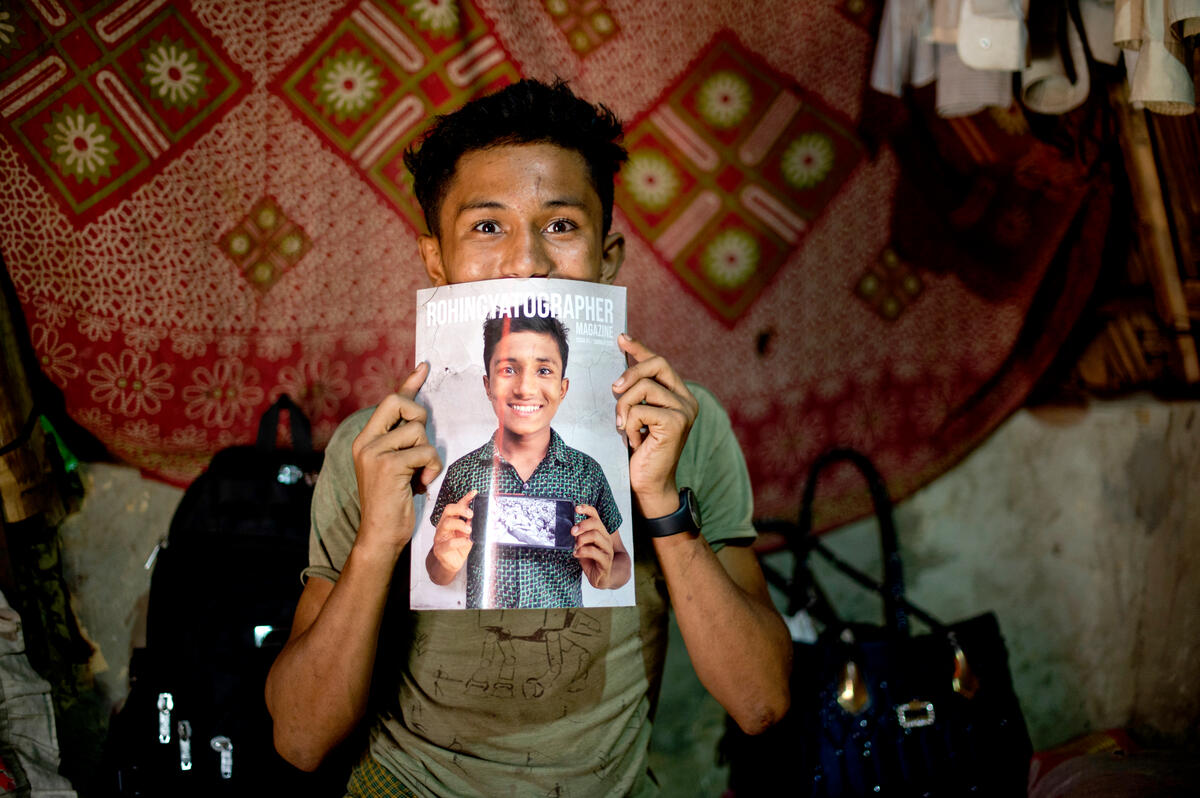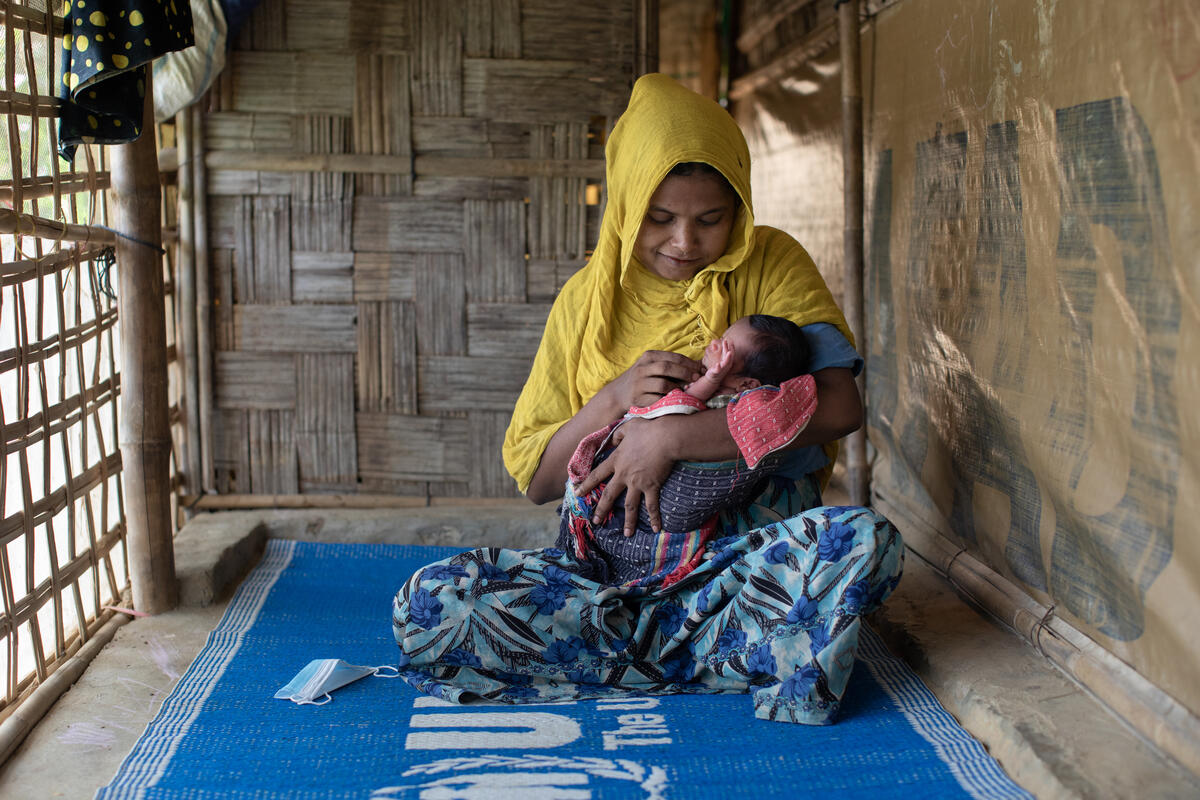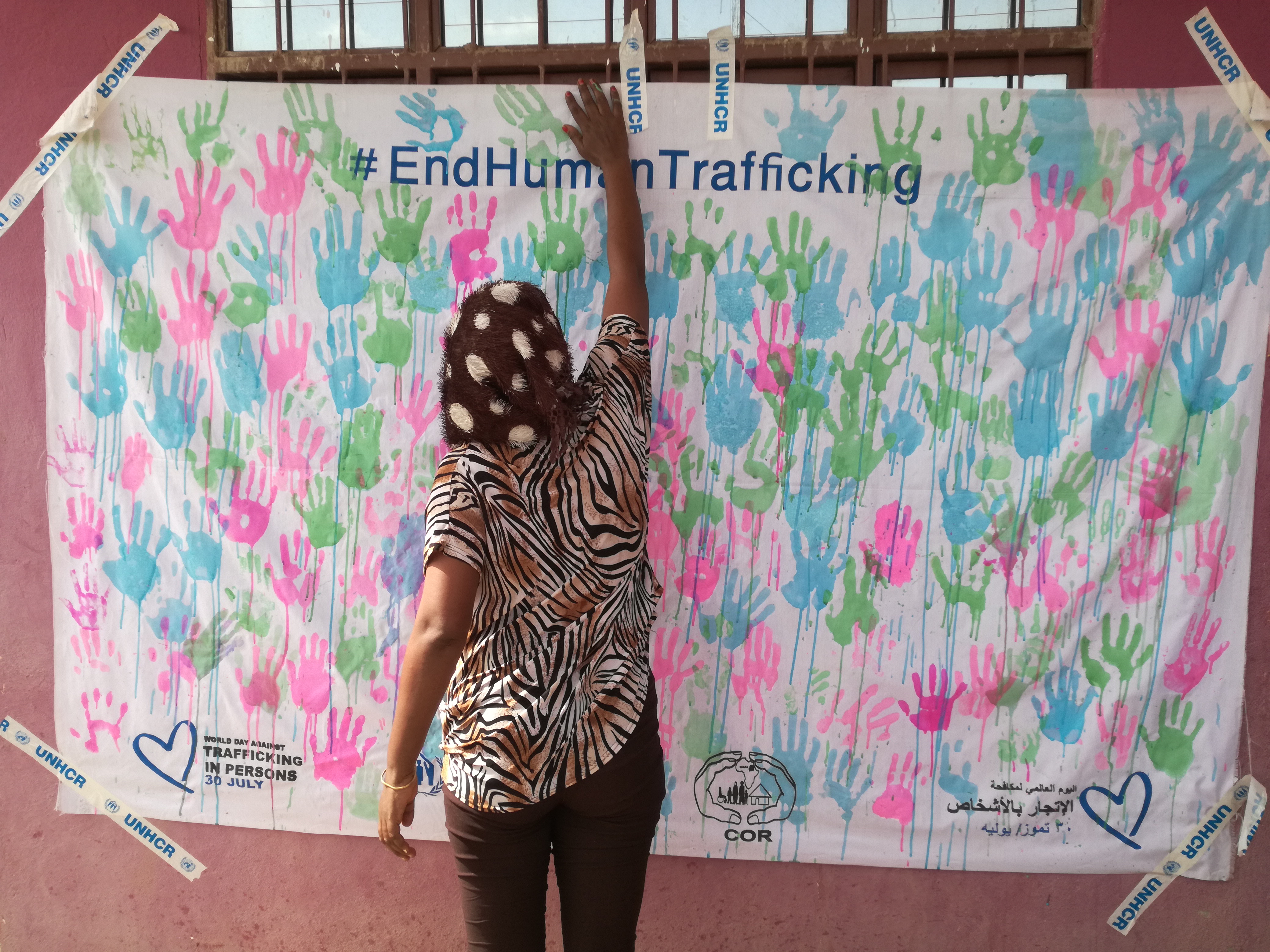UNHCR: Rohingya crisis needs lasting solutions
UNHCR: Rohingya crisis needs lasting solutions

UNHCR, the UN Refugee Agency, is calling for renewed support and solutions for displaced and stateless Rohingya communities both within and outside of Myanmar today.
Three years on from the latest exodus of Rohingya refugees who fled Myanmar and sought sanctuary in Bangladesh from August 2017 onwards, challenges persist and continue to evolve. The COVID-19 pandemic has added additional complexities. The international community must not only maintain support for refugees and their host communities, but adapt to critical needs and expand the search for solutions.
Rohingya communities estimate that up to three-quarters of the Rohingya people are today living outside of Myanmar. UNHCR and the Government of Bangladesh have individually registered over 860,000 Rohingya refugees in the refugee settlements in Cox’s Bazar. Bangladesh has demonstrated a profound humanitarian commitment to Rohingya refugees. It has ensured their protection and extended life-saving humanitarian support, and now hosts nine out of ten Rohingya refugees registered in the Asia-Pacific region. This generosity must be acknowledged through continued investment in both Rohingya refugees and Bangladeshi host communities.
Ultimately, the solution to the plight of the Rohingya lies in Myanmar, and in comprehensively implementing the recommendations of the Advisory Commission on Rakhine State, to which the Government of Myanmar has committed.
Creating conditions that are conducive to the Rohingya people’s safe and sustainable return will require whole of society engagement, resuming and enhancing the dialogue between the Myanmar authorities and Rohingya refugees, as well as other measures that help inspire trust. These include lifting restrictions on freedom of movement, reconfirming that internally displaced Rohingya can return to their own villages and providing a clear pathway towards citizenship.
Outside of Myanmar, our collective efforts must be directed not only to ensuring the dignity and well-being of the Rohingya today but also on preserving their hopes and improving prospects for their futures. This means working towards lasting solutions not only in Myanmar itself, but also through study and work opportunities outside of countries of asylum, and third-country pathways for those with the most acute vulnerabilities.
The strength and resilience of the Rohingya people in exile in Bangladesh and elsewhere have formed the backbone of the humanitarian response over the past three years, and supported the communities hosting them in turn. Respecting and recognizing their courage and capacities means ensuring they are not forgotten as the crisis enters a fourth year.
For more information on this topic, please contact:
- In Cox’s Bazar, Louise Donovan, [email protected], +880 18 4732 7279
- In Myanmar, Aoife Mc Donnell, [email protected], +959 403 487572
- In Bangkok, Kasita Rochanakorn, [email protected], +66 64 932 0803
- In Bangkok, Catherine Stubberfield, [email protected], +66 65 929 8062
- In Geneva, Andrej Mahecic, [email protected], +41 79 642 97 09
- In New York, Kathryn Mahoney, [email protected], +1 347 443 7646









